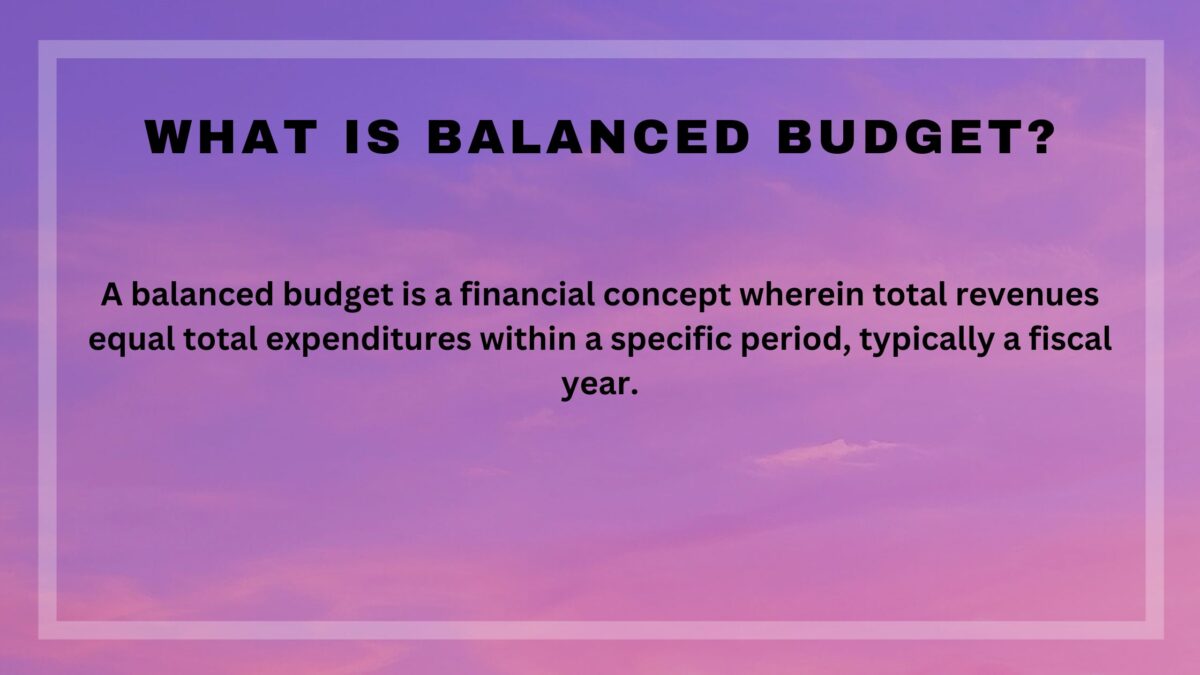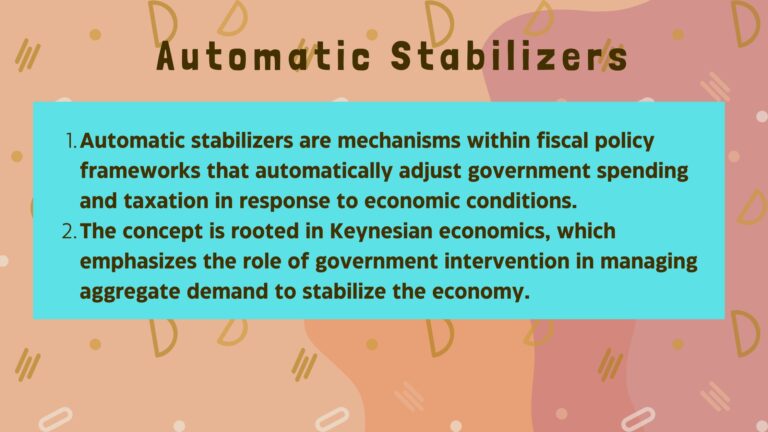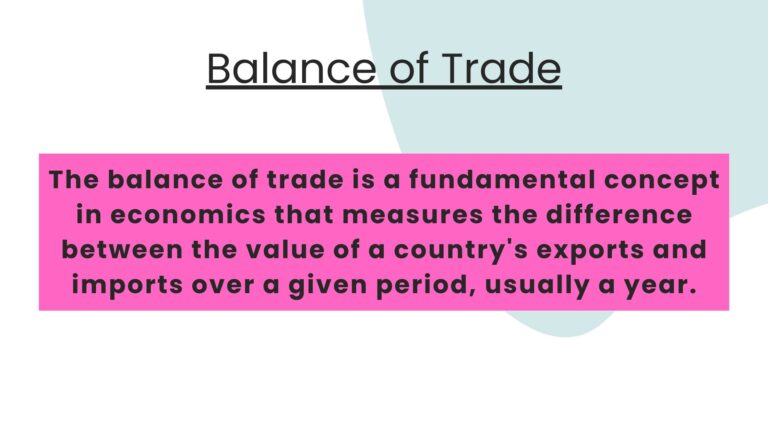Balanced Budget: Definition, Objectives and Importance (updated 2024)

A balanced budget is a financial concept wherein total revenues equal total expenditures within a specific period, typically a fiscal year. This equilibrium between income and spending ensures that a government, organization, or individual does not accumulate debt during that period. The principle of a balanced budget is foundational in fiscal management and is often a key policy goal for governments aiming for financial stability and sustainability.
Historical Background
The idea of a balanced budget dates back centuries, with roots in early economic theories and practices. The concept gained prominence during the emergence of modern economies and governmental structures. Throughout history, various societies and governments have experimented with different approaches to budgeting, often oscillating between periods of balanced budgets and deficit spending.
Importance and Objectives
- Financial Stability: A balanced budget ensures that expenditures do not exceed revenues, thus preventing the accumulation of debt. This stability is crucial for maintaining investor confidence and economic stability.
- Debt Management: By avoiding deficits, governments can prevent the need for borrowing, reducing interest payments and the burden of debt on future generations.
- Resource Allocation: Balancing the budget requires prioritizing spending and ensuring that resources are allocated efficiently and effectively across various sectors and programs.
- Long-term Sustainability: A balanced budget promotes fiscal discipline, contributing to the long-term sustainability of public finances. It helps prevent fiscal crises and ensures that governments can meet their obligations without resorting to drastic measures such as austerity or default.
Achieving a Balanced Budget

- Revenue Generation: Governments can increase revenues through taxation, fees, fines, and other sources. However, raising taxes excessively can have adverse effects on economic growth and public sentiment.
- Expenditure Control: Controlling expenditures involves managing spending on various programs, services, and projects. This may require implementing austerity measures, cutting unnecessary expenses, and improving efficiency in public service delivery.
- Economic Growth: Stimulating economic growth can lead to higher tax revenues, making it easier to balance the budget. Policies that encourage investment, innovation, and entrepreneurship can contribute to sustainable economic expansion.
- Debt Management: Addressing existing debt burdens, such as refinancing or restructuring debt, can free up resources that can be redirected towards balancing the budget.
Challenges and Criticisms
- Economic Downturns: During recessions or periods of low economic growth, achieving a balanced budget becomes more challenging due to decreased tax revenues and increased demand for social services.
- Political Pressures: Politicians may face pressure to prioritize short-term interests over long-term fiscal sustainability, leading to deficit spending and accumulation of debt.
- Social Welfare: Balancing the budget while adequately funding social welfare programs can be difficult, as these programs often represent significant portions of government spending.
- Infrastructure Investment: Neglecting infrastructure investment in favor of balancing the budget can lead to deteriorating infrastructure, which may have long-term economic consequences.
Examples of Balanced Budgets
- Germany: Known for its commitment to fiscal discipline, Germany has maintained a balanced budget in recent years through a combination of prudent fiscal policies, strong economic growth, and expenditure control.
- Switzerland: Switzerland has a long-standing tradition of fiscal conservatism and has consistently achieved balanced budgets, even during periods of economic turbulence.
- Canada: After facing significant deficits in the 1990s, Canada implemented strict fiscal measures and achieved a balanced budget by the late 1990s. It has since maintained a relatively balanced fiscal position.
- State and Local Governments: Many state and local governments in the United States are required by law to balance their budgets annually, leading to varied approaches to revenue generation and expenditure control.
Conclusion
A balanced budget is a fundamental principle of sound fiscal management, promoting financial stability, sustainability, and responsible governance. While achieving and maintaining a balanced budget presents challenges, it is essential for ensuring the well-being of current and future generations. By prioritizing fiscal discipline, governments can foster economic growth, mitigate the risk of fiscal crises, and fulfill their obligations to citizens effectively.
Read also:
- Understanding of NNP (Net Nation Product)
- 15 FAQ on Personal Finance
- Gross Domestic Product (GDP)
- 15 FAQ on 80-20 Rule (Pareto Principle)
- Depreciation- Meaning, Definition, Types and Calculation
- Fiscal Deficit- Definition, Calculation and Significance
- Balance of Payments (BoP): Explained
- Balance of Trade: Definition, Measurement and Significance
- Allocative efficiency: Definition, Meaning and Significance
- Automatic stabilizers: Definition, Mechanism and Significance






